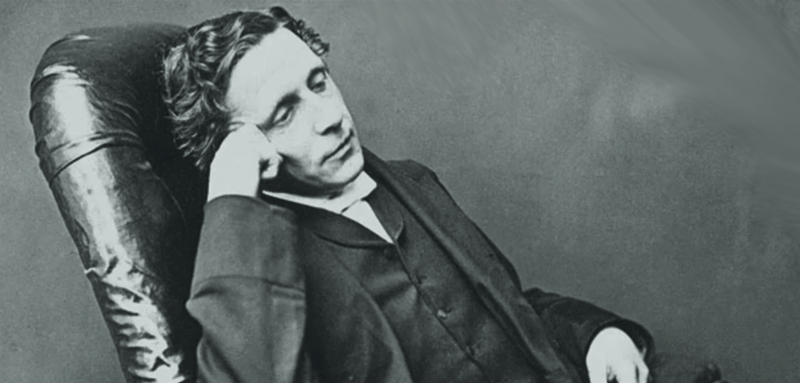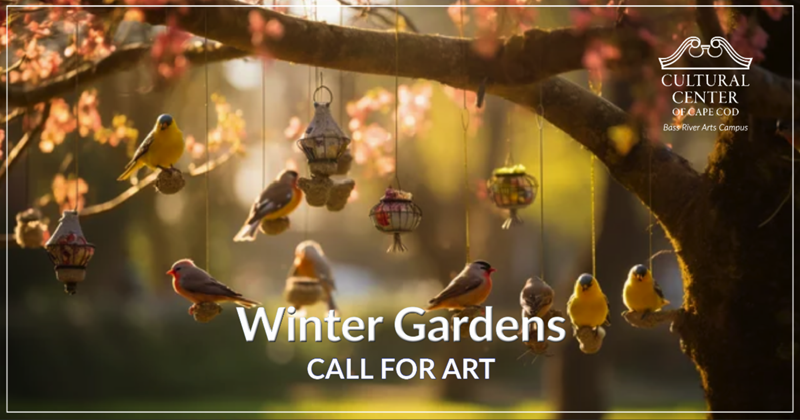THIS WEEK’S MUSE
“Imagination is the only weapon in the war against reality.”

LEWIS CARROLL, WRITER
Charles Lutwidge Dodgson had several parallel professions; clergyman, academic, mathematician, photographer, poet and inventor are all high on his résumé. Today, we remember him as the writer Lewis Carroll, but those other skills all emerge from the pages of his books, weaved skillfully into his characters and stories to help make him one of the most acclaimed writers of modern literature.
One of eleven children, Dodgson was born in 1832 into a church family. He didn’t attend school until he was twelve years old, but immediately excelled and went on to study mathematics at Oxford University where he remained as a professor for the rest of his life.
Words were his first love. He wrote and told inventive stories as a young child, entertaining his siblings and contributing poetry, prose, and drawings to the family magazine Mischmasch. By the mid-1850s he was starting to enjoy national success, around the same time he started using the pseudonym, Lewis Carroll.
Other pen names he considered included Edgar Cuthwellis, Edgar U. C. Westhill, and Louis Carroll. It’s not known why he changed his name – perhaps simply to make a personal and private distinction between the successful writer and his main work as a university professor. He would refuse letters addressed to “Lewis Carroll, Christ Church College, Oxford”, claiming no such person lived there.
To create his new name, he took a delightfully academic approach that could have come from one of his books. He translated “Charles Lutwidge” into Latin – Carolus Ludovicus. He then reversed it to “Ludovicus Carolus” and loosely translated it back into English – “Lewis Carroll.”
His fiction books are a tour d’force of wit, linguistic gymnastics, and inventive storytelling. His writing style is energetic, unexpected, surreal, and colorful – often described as “childlike” as a result. And while that is evidently true, like many great works of children’s literature, his books are layered with adult themes. For all the fantastic and eccentric antics of his characters, he uses and sophisticated irony, analogy, and satire to lampoon high society, deride the class system, mock popular culture, and ridicule the fashions and language of the day.
Carroll was also an enthusiastic advocate of breaking the rules of writing, utilizing “unprofessional” devices to drive the narrative or energize the scene. Unexpected italics, parentheses, and capital letters are all used to create impact or drama on the page; he made up words and phrases, and used “ordinary words in extraordinary places,” to heighten excitement in a conversation. By sacrificing convention, Carroll weaves in an excitement more than the words alone can deliver. Child or adult – we are taken on a wild and unforgettable literary journey.
Despite the wealth and fame his writing provided—he is said to have received about 100,000 letters in his lifetime—he remained teaching at Christ Church College. And, suffering poor health through his life, he died of pneumonia in 1898, aged 65. But occasionally, his extraordinary literature continued to surprise even after his death. In the 1930s, Carroll’s work was censored in China for his literary depictions and descriptions of talking animals – illegal in that country at the time.
“But I don’t want to go among mad people,” Alice remarked. “Oh, you can’t help that,” said the cat, “We’re all mad here. I’m mad. You’re mad.” “How do you know I’m mad?” said Alice. “You must be,” said the Cat, “Or you wouldn’t have come here.”
HAPPENING
ONLINE EXHIBITION – CALL FOR ART

WINTER GARDENS
Deadline January 13, 2024
Sometimes the inspiration for our creativity is right on our doorstep. So the theme for “Winter Gardens” is to tap into that local beauty – your artistic expression as seen from your gardens, parks, woods, or walks.
Dig deep and explore your own interpretation of what “Winter Gardens” means to you. Surprise us; surprise yourself! Find something new and something close by – from your very own winter garden
